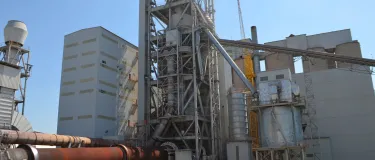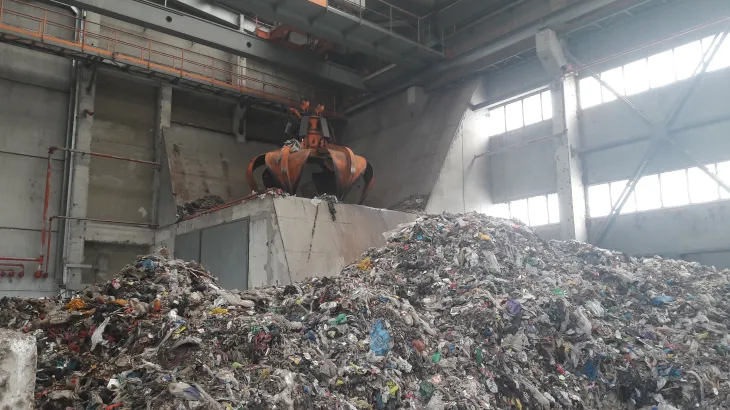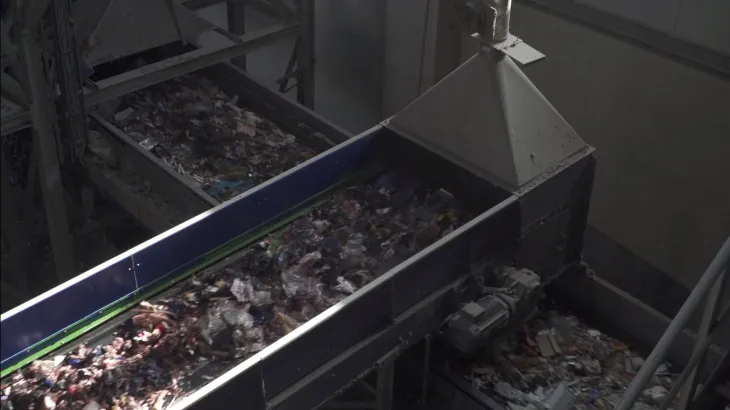From Zero to 100,000: Geocycle’s waste management solutions accelerate Bulgaria’s transition to a circular economy
Since 2005, Geocycle has built a long-standing relationship with the municipality of Sofia, Bulgaria, helping them transform their municipal waste management processes.
A three-step model for change
Just over a decade ago, there were no waste management solutions available in Bulgaria for household waste treatment. Then, in 2005, Geocycle Bulgaria began supporting the capital municipality of Sofia, positioning itself as the primary actor for the treatment of household waste, promoting a simple, three-step business model:
- sorting
- shredding
- co-processing
This provided a local best-practice solution, which meant reduced investment for the municipality thanks to the pre-existing capacity of cement kilns.
Co-processing contributes to a more circular economy, as opposed to a traditional linear economy, and provides a practical, cost-effective and environmentally preferred alternative to landfills and traditional incineration. In regions that still rely heavily on waste disposal rather than waste management, Geocycle’s solutions can accelerate the move to a more circular approach.
A drive for circularity
In 2008, one year after Bulgaria joined the European Union and embraced its waste management regulations and targets, the cooperation between Sofia and Geocycle reached new levels. Where previously all household waste had been dumped in landfill, Geocycle was able to propose an integrated solution, treating ever-higher volumes of municipal waste. In 2015, the partnership evolved again, thanks to Sofia’s investment in an MBT plant capable of processing 1,000 tonnes of household waste every day. In the meantime, Geocycle Bulgaria invested in new equipment to increase its waste processing capacity and enable the cement plant to co-process bigger municipal solid waste volumes, which will rise to 100,000 tonnes annually in 2018.
In the video below, Nikola Ovcharov, managing director Geocycle Bulgaria interviews Petar Traikov, Head of the Waste Management Directorate of Sofia's municipality about this long-lasting cooperation in the brand new "Mechanical Biological Treatment" plant.






